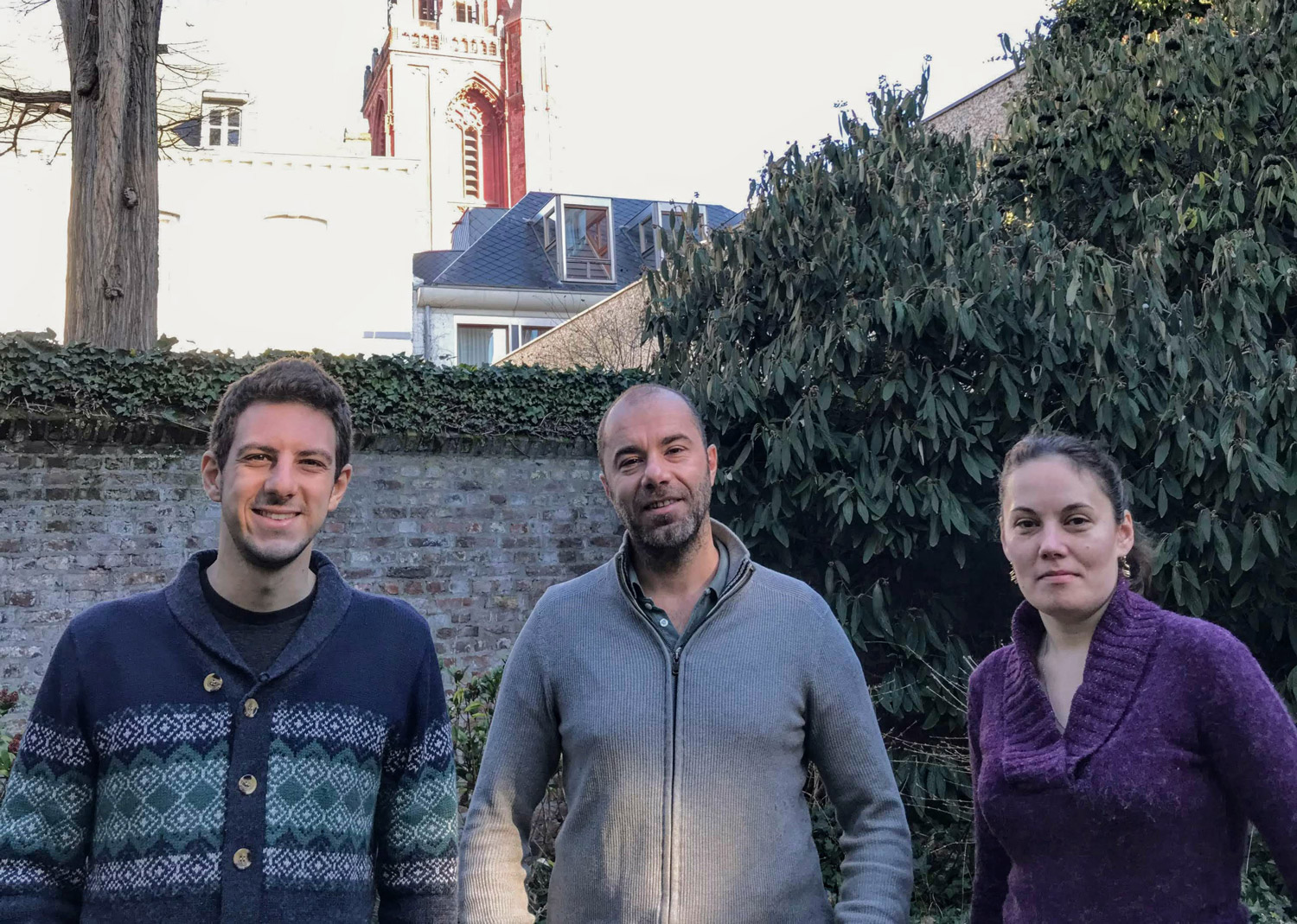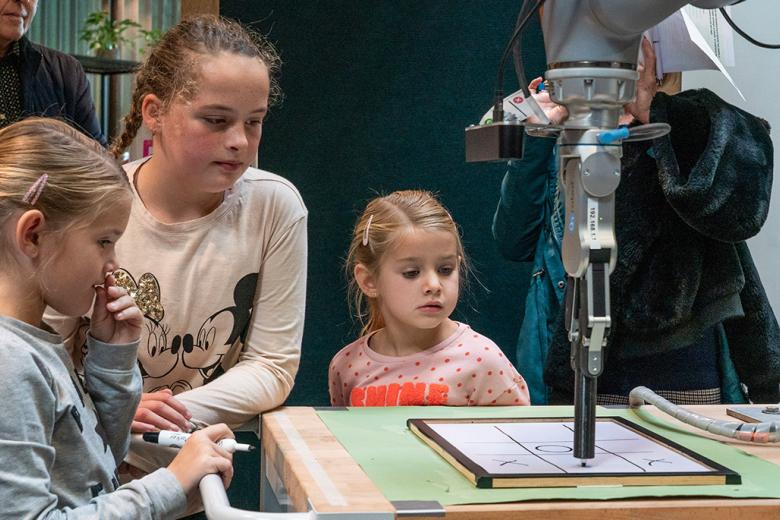ICT care solutions for patients with Alzheimer’s or Parkinson’s Disease
As part of the European consortium behind the ICT4Life project, Dr. Stelios Asteriadis and his group developed personalized care solutions for patients with neurodegenerative disorders.
ICT4Life, a three-year Research and Innovation Horizon 2020 EU action carried out by nine European research partners, presented its results to representatives of the European Commission in Luxembourg in early February. ICT4Life aims at improving quality of life of senior citizens with dementias, such as Alzheimer’s or Parkinson’s Disease, through ICT-based tools. The goal: to enable an independent style of living and provide assistance to caregivers and health professionals.

“In a nutshell, our contribution was to create a system that alerts doctors when the patient needs immediate attention, for example if they fall down or become confused,” says Dr. Stelios Asteriadis, Associate Professor at the Department of Data Science and Knowledge Engineering (FSE). “For that to work, we need to know what the normal and abnormal behaviours of each individual patient are.
We conducted research in the latest advances in Artificial Intelligence by proposing models based on deep artificial neural networks, which worked with data from cameras and sensors monitoring the patient. In addition, we fused this analysis with medical information, such as medicine use. By combining all the data in a smart manner, we could give accurate, real-time warnings to doctors when their patients required attention.”
The algorithms for detecting abnormal behaviour at work in real-life hospital situations. For privacy reasons, the patients and caregivers in the video are shown as stick figures.
ICT4Life’s care solutions, which included other tools such as a social platform, were already tested in Hungary, Spain and France. Dr. Asteriadis: “We tested the ICT4Life platform in hospitals, in daily care centres and in people’s homes. The main outcome was that the senior citizens felt much safer knowing they had all these ICT tools protecting them. We also noticed that there was less need for hospitalization, although to be sure, we need to measure this over a longer period of time. We hope that the propositions we validated through ICT4life will continue. We have already reached out to potential customers and interested parties in order to continue this work.”
ICT4Life was funded by a Horizon 2020 research grant from the European Union.
Also read
-
Faculty of Science and Engineering celebrates the Weekend of Science
On 01 October, the Faculty of Science and Engineering opened its doors to host 'Weekend van de Wetenschap' (English: Weekend of Science).

-
UM scientists search for solutions to poverty and debt
Scientists from the Brightlands Institute for Smart Society (BISS) at Maastricht University are helping to find solutions to poverty and debt.

-
When you are in the middle of it, you don't just quit
Simon Schick (27) a PhD Candidate at Aachen-Maastricht Institute for Biobased Materials (AMIBM). He lives together with his fiancé in Dusseldorf. Simon is currently working on the Marie Sklodowska-Curie BioBased Value Circle Project.
